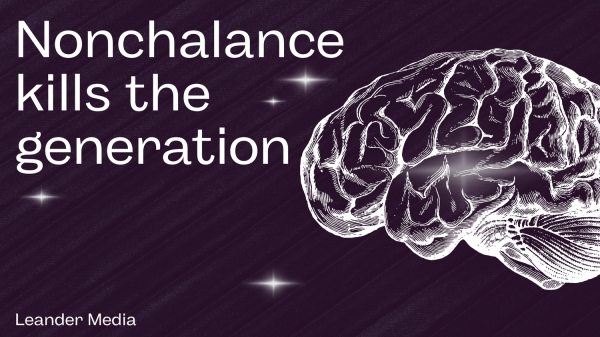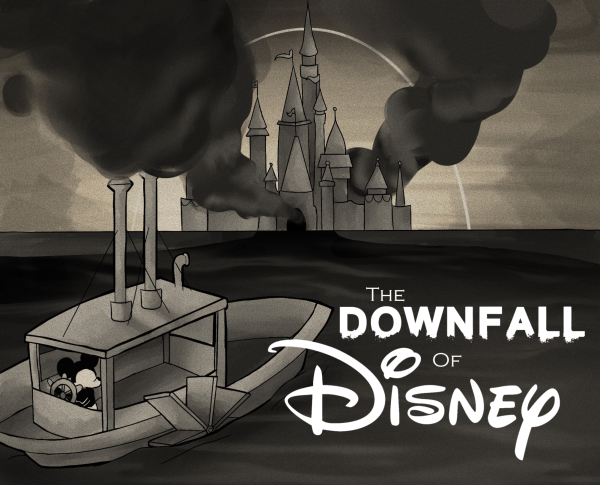You Are What You Tweet
The Internet is Forever, and So are your Tweets

In almost every situation there is a clear line that must not be crossed. If that line is ever crossed, consequences should already be set in place. Such lines exist for things that are posted on social media. The number of individuals who use and view social media sites is growing and the percent of posts that are considered obscene or inappropriate, sadly, is also growing.
For most teens, tweeting is all fun and games. It’s a way to release frustration, or vent or make a joke or share a laugh with friends (or followers that you don’t really know). However, for a 14 year old Dutch girl, the fun ended with the sound of sirens. A girl who identifies herself as “Sarah” tweeted at American Airlines pretending to be a member of Al Qaeda and mentioned “something big” happening in June. Although she claims that she and a friend were just joking, the airline took the threat seriously. They tweeted back at her letting her know that her information was being given to the FBI and sure enough, the police arrested @QueenDemetrix the next day.
This is a fine example of the carelessness of young people who inhabit the internet and the consequences of such careless actions. Even though social media is primarily used for entertainment, there is a legal line that must never be crossed. Social media has been placed in a box that some view as a barrier that needs to be broken. The problem is, this metaphorical box was created for a reason; a number of subjects are not considered socially acceptable to make jokes about and public safety is one of them.
“Sarah” is just one example of how a single tweet can ruin an adolescent’s life. We’ve all heard that employers and colleges will look at our profiles when we apply to their jobs and schools. Yuri Wright, a top football recruit from New Jersey, was expelled from his high school because of “ highly offensive tweets.” The University of Michigan removed him from their recruiting class because he posted what they viewed as inappropriate tweets filled with curse words and sexual references.
This is another example of the consequences that come from crossing that line. Many teens try to argue that these kids have a right to post what they want that derives from freedom of speech. But Wright wasn’t punished in court, but his actions affected his life in a way he can’t change. The private Catholic school said Wright was not acting according to their code of ethics and as a consequence he was expelled. U of M has a code that Wright no longer met and he lost his scholarship.
Regardless of free speech, what kids are posting on twitter, Facebook or any other social media site has an impact on their life offline. A word from the wise: watch what you say because once it’s said, there’s no taking it back. The internet is forever and anyone who has ever had their Snapchat photo screenshotted knows it.

Emary Greene is a senior this year, a member of PALs, and the volleyball manager. She has two older siblings and one younger sibling. She loves English...






